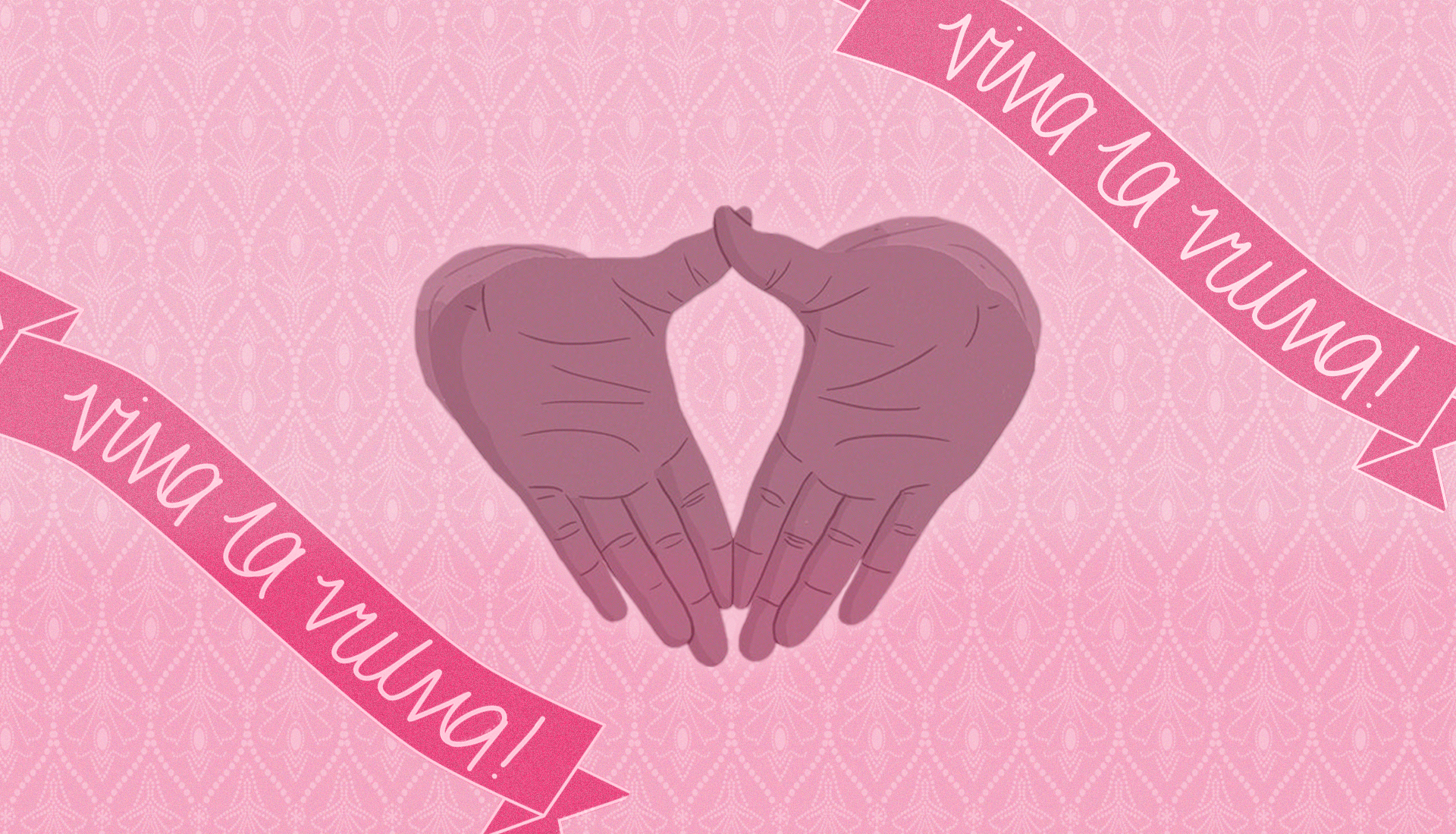A series of campaigns for feminine hygiene brand Bodyform/Libresse has cleaned up in the creative category at Cannes for celebrating the forbidden: female genitalia.
The ‘Viva La Vulva’ campaign is the latest in a series of commercial activism videos by feminine hygiene brand Libresse (‘Essity FemCare’ in Scandinavia, and ‘Bodyform’ in the UK) that aim to normalise discussions of female genitalia and periods, and it’s been recognised by critics as a masterstroke.
The video, which you can watch below, depicts a sensory array of imagery designed to look like vulvas, aka the exterior of the female sex organ that is comprised of the labia minora and majora. Even more aka: the bit on the outside you can see. Specifically, the vulvas shown in the video are of the musically inclined, sentient variety (not ones you’re typically likely to encounter in the wild but hey ho) and spend the advert/short film singing.
This vagina orchestra performs Camille Yarbrough’s ‘Take Yo’ Praise’ – more commonly known from its sampling on Fatboy Slim’s ‘Praise You’. The concept behind the video announces itself pretty quickly. These vulvas all look different. Besides the fact that some of them are origami, some are puppets, and some are just straight up fruit, the bits of them meant to looks like vulvas all have a unique shape and colour, much like the vulvas of real women.
Libresse conducted global research into how women feel about and care for their genitals, and their results found that over 50% of women feel pressure to have their vulva look a certain way, 44% have felt embarrassed in the past about the way it looks, smells, or feels, and 68% have no clear idea of what their vulva technically is anatomically.
Not so the vulvas in the video. They’re out, they’re proud, and their wiggling their pink selves all over the place, declaring their innate right to be ‘praised’. Ultimately, Libresse is trying to challenge body shaming stigmas surrounding the female vulva and its tendency to menstruate and do all manner of funny things. This, according to the brand, will allow women to be less inhibited with their genitals (though some inhibitions are still encouraged ladies, needless to say walking around naked remains illegal in most countries).
The sentiment is echoed by a previous campaign released by Libresse in 2017. ‘Bloodnormal’ confronted feelings of shame and disgust around periods and period blood. It artfully depicts the emotional and physical sensations of experiencing a period, and actually shows red liquid on-screen. Using mainstream media to normalise periods is a bold step in a category that had previously relied on clinical approaches (blue liquids to demonstrate the absorbency of period products) or unlikely metaphorical ones (women dancing about in white jeans).



















